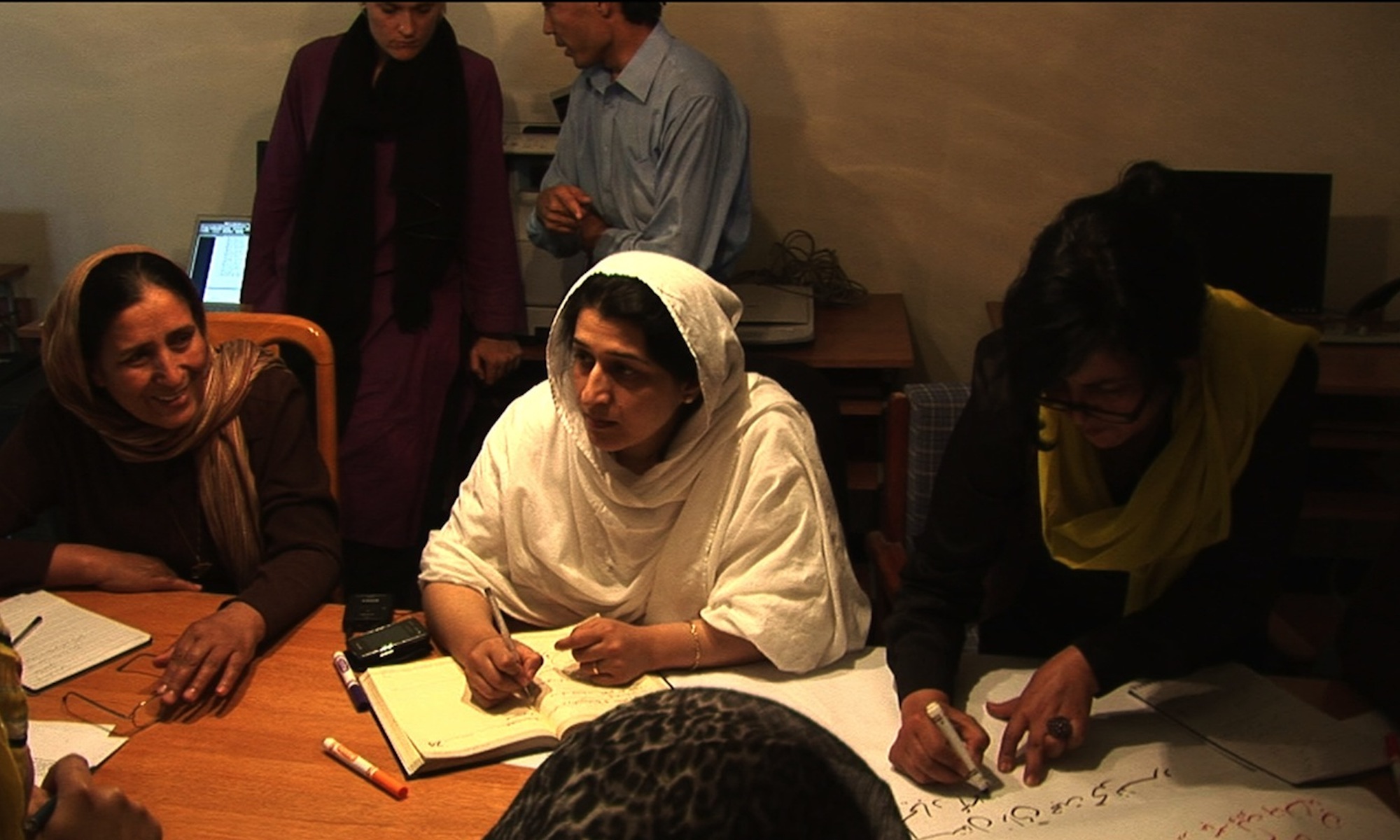This article examines how the drugs economy emerged, evolved and adapted to transformations in Afghanistan’s political economy. With a primary focus on the conflictual war to peace transition following the signing of the Bonn Agreement, the relationship between drugs and political (dis)order is explored. Central to the analysis is an examination of the power relationships and institutions of extraction that developed around the drug economy. Expanding upon a model developed by Snyder (2004), it is argued that joint extraction regimes involving rulers and private actors have tended to bring political order whereas private extraction regimes have led to decentralized violence and political breakdown. This model helps explain why in some parts of Afghanistan drugs and corruption have contributed to a level of political order, whereas in other areas they have fuelled disorder. Thus, there is no universal, one-directional relationship between drugs, corruption and conflict. Peacebuilding involves complex bargaining processes between rulers and peripheral elites over power and resources and when successful leads to stable interdependencies. Counter-narcotics policies have the opposite effect and are thus fuelling conflict.

INSCT Postconflict Research Database
The Institute for National Security and Counterterrorism's Postconflict Research Database & Analysis Project stores cross-indexed bibliographic information on hundreds of journal articles, books, book chapters, and case reports that address the broad, interdisciplinary fields of postconflict reconstruction, stabilization, and peacebuilding.
48 Replies to “Corrupting or Consolidating the Peace? The Drugs Economy and Post-conflict Peacebuilding in Afghanistan”
Comments are closed.